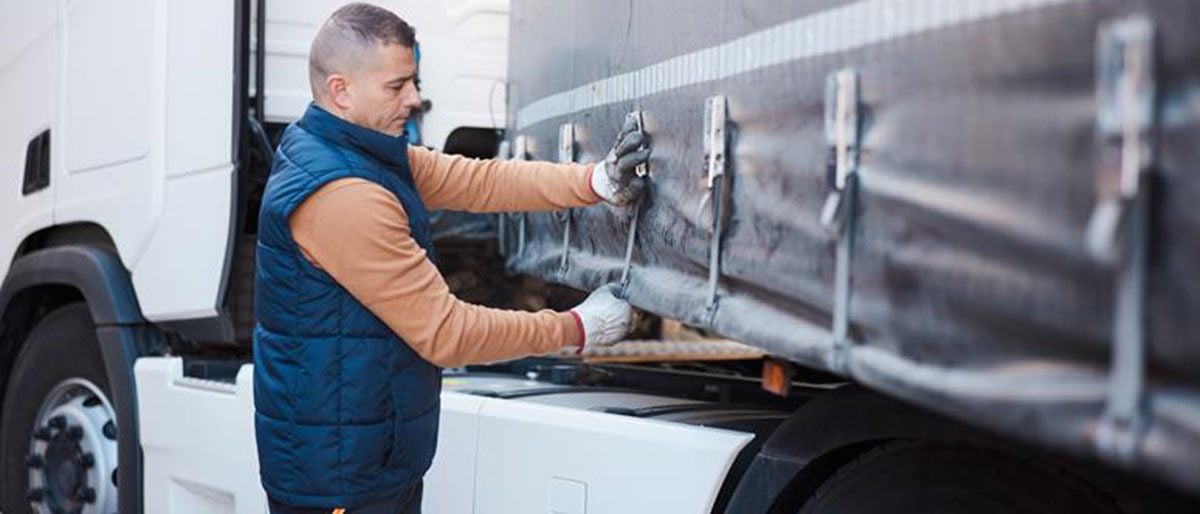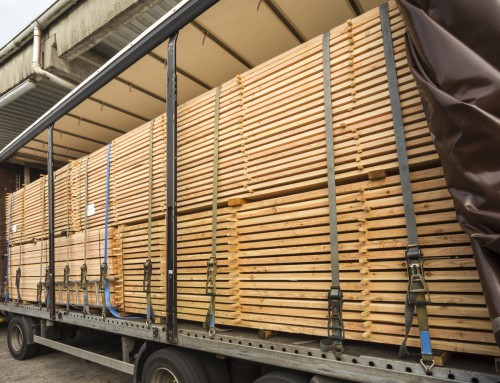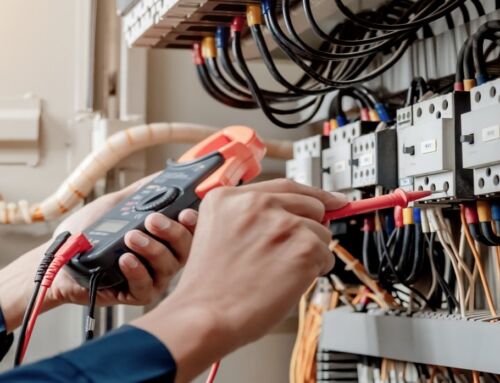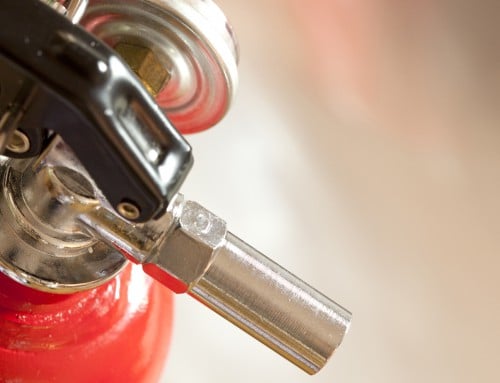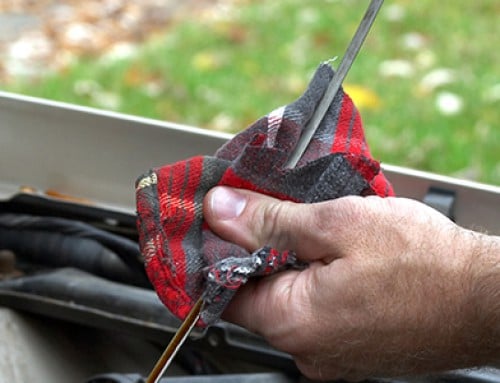A secure load is essential for protecting both the driver and the public. Whether you’re an equipment dealer or you transport heavy loads, you know that if a piece of equipment isn’t safely secured, it could result in an accident, injury, or even fatality. It can also lead to an injury claim, which can be costly both to your company’s reputation and bottom line.
Typically, loads are secured with high-quality straps, chains, or tie-downs depending on the type of equipment being transported. However, it’s not just about securing the equipment – it’s also crucial to distribute the weight properly to prevent imbalance. Although these steps may seem straightforward, there are still some common risks and mistakes that can arise during equipment transportation.
Common equipment transportation risks
Human error in equipment securement
Human error remains one of the most common causes of transportation accidents. When a new employee joins a company, training should typically be provided by that company. Over time, as the experience is gained and work becomes more independent, drivers may become overconfident and careless — especially when it comes to securing equipment, which can be a meticulous task. However, even small shortcuts can result in serious accidents.
Staying informed about weather and road conditions
In addition to proper securement, staying informed about road conditions and weather forecasts is vital, especially in the winter. Drivers should be prepared for different types of weather conditions, ensuring that extra fuel is available for long stretches where there may not be a gas station. It also means making pre-trip inspections, such as checking tires, brakes, and fluid levels.
Driver fatigue and the importance of scheduled breaks
Driver fatigue is another significant hazard, especially on long-haul trips. Equipment hauling companies should maintain clear schedules that outline the maximum number of driving hours per day. It’s important for drivers to follow the time log to make sure they’re not over-exhausted. For an experienced driver, it can be tempting to skip a break if they’re not feeling tired, but taking breaks helps to mitigate risk.
Another challenge is that equipment hauling companies are often specialized in transporting specific types of loads, such as cranes. However, they may not be equipped to handle every type of load. In some cases, a company might agree to haul unfamiliar equipment to avoid losing business, but doing so can increase the risk of accidents and operational issues. Fortunately, there are safer alternatives available.
Best practices for secure equipment transportation
Hiring qualified and experienced drivers
For equipment dealers and equipment hauling companies, hiring qualified drivers is critical. Drivers must have a minimum of three years driving experience, whether navigating tricky routes such as ice roads, handling oversized loads, or operating heavy-duty trucks with a flatbed, lowboy, or step-deck trailer.
When transporting on ice roads, for example, a Class A Commercial Driver’s License (CDL) is required. Drivers must also have experience navigating trucks on ice or in winter conditions — experience which is often gained by working alongside seasoned drivers.
Follow provincial regulations consistently
In addition to being properly licensed, drivers should ensure they’re always following provincial regulations, which can vary across provinces. Even experienced drivers face new risks with each trip, and a single negligent action can lead to serious accidents. Strict adherence to protocols is essential every time.
Emergency response planning and driver training
Equipment hauling companies should also ensure they have emergency response protocols in place and that drivers are properly trained in case an accident occurs. For instance, if a truck hauling heavy equipment is overloaded and rolls over, the equipment could leak fuel, hydraulic oil, engine oil, or transmission oil into the ground or a nearby river. Drivers should know what to do, and who to contact in the event of an environmental hazard.
Finally, equipment hauling companies should also recognize that they cannot specialize in transporting every type of load. If a customer requests the transportation of equipment outside the company’s expertise, hiring a trusted third-party hauling company is recommended.
Risk mitigation and equipment dealers insurance
Leveraging fleet management systems
Many equipment hauling companies today leverage fleet management systems (FMS) for real-time vehicle tracking, route optimization, and reporting, as well as the ability to track driver performance. These systems can even detect signs of drowsiness and issue alerts to keep drivers safe. Federally regulated commercial trucks should also use electronic logging devices (ELDs) to automatically track driving time and mandatory breaks.
Financial benefits of strong risk management
Fleet tracking technology doesn’t just enhance safety – it can also result in financial savings. Equipment hauling companies that demonstrate strong risk management practices through tracking technologies may qualify for lower insurance premiums.
Having a risk services team assess operations can further improve risk management. Regular assessments can identify gaps, recommend improvements, and ultimately lower insurance costs over time.
Understanding equipment insurance options
Understanding insurance options is equally important. There are different coverage options depending on whether the insurance applies to the equipment itself or to the vehicle carrying it. Companies must ensure that equipment value is properly added to either the vehicle policy or the property and casualty (P&C) part of their policy. Having someone familiar with insurance within the company is key to making informed decisions.
Protect yourself and your business with insurance
Implementing proper securement practices, training drivers thoroughly, and leveraging technology can go long way in reducing risks. However, accidents can still happen, and having the right insurance coverage can protect your business from major financial losses. To learn more, visit our Equipment dealers insurance page today.
This blog is provided for information only and is not a substitute for professional advice. We make no representations or warranties regarding the accuracy or completeness of the information and will not be responsible for any loss arising out of reliance on the information.
